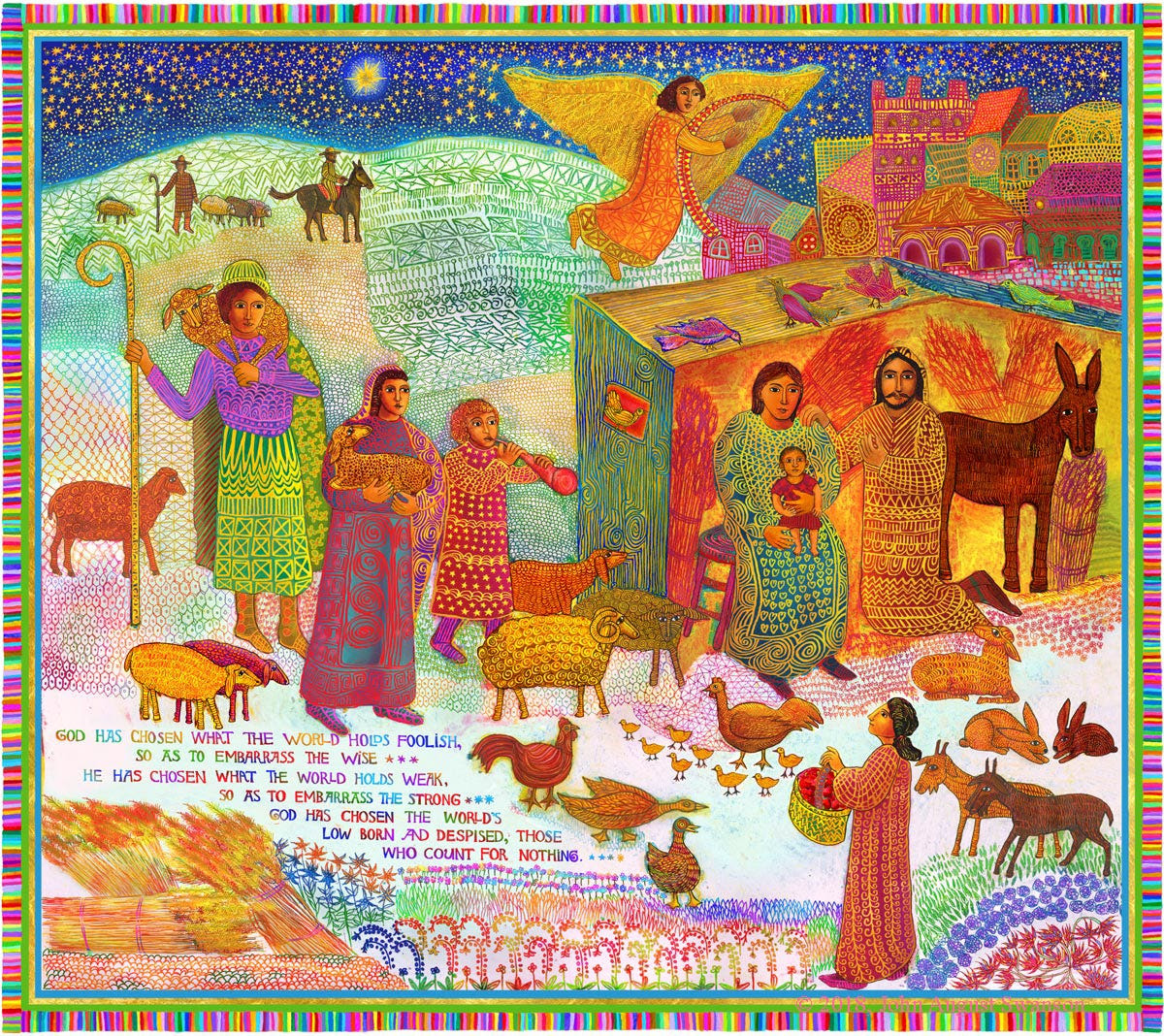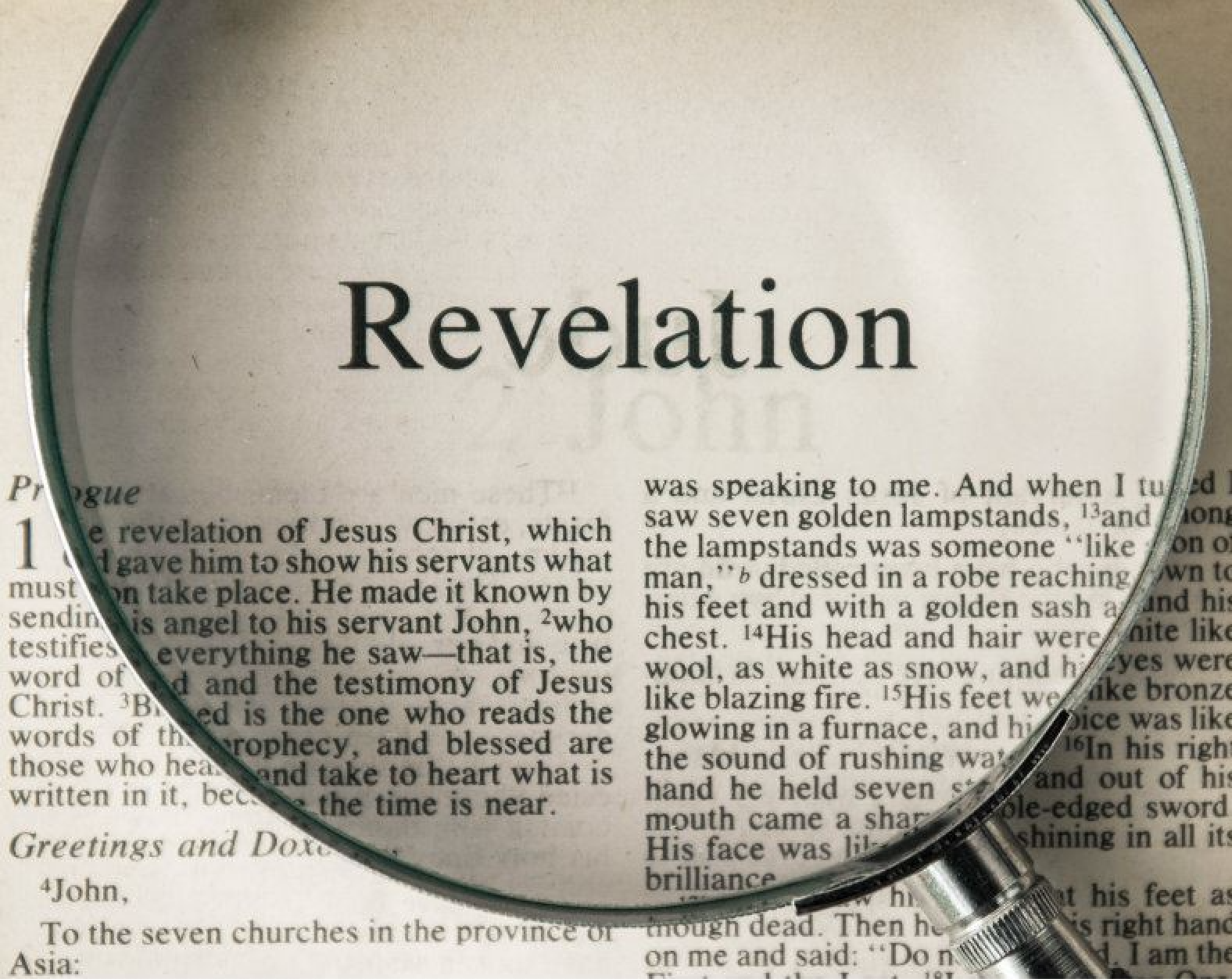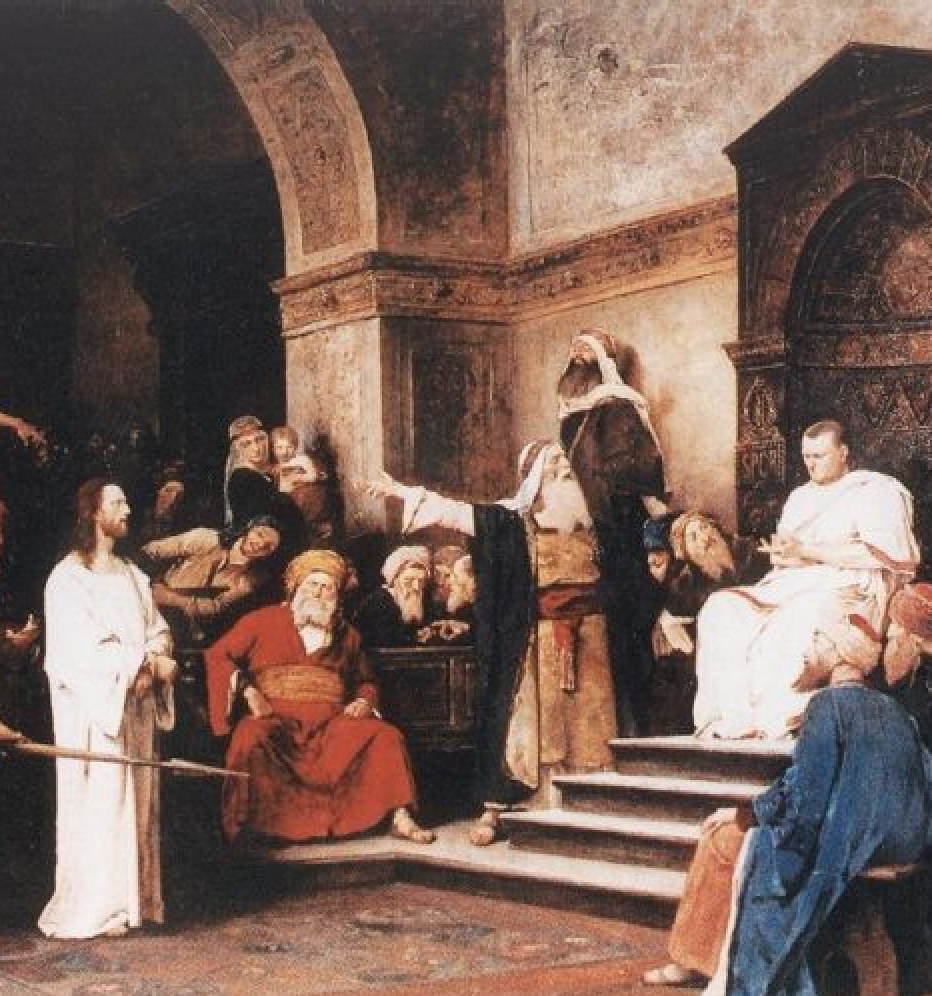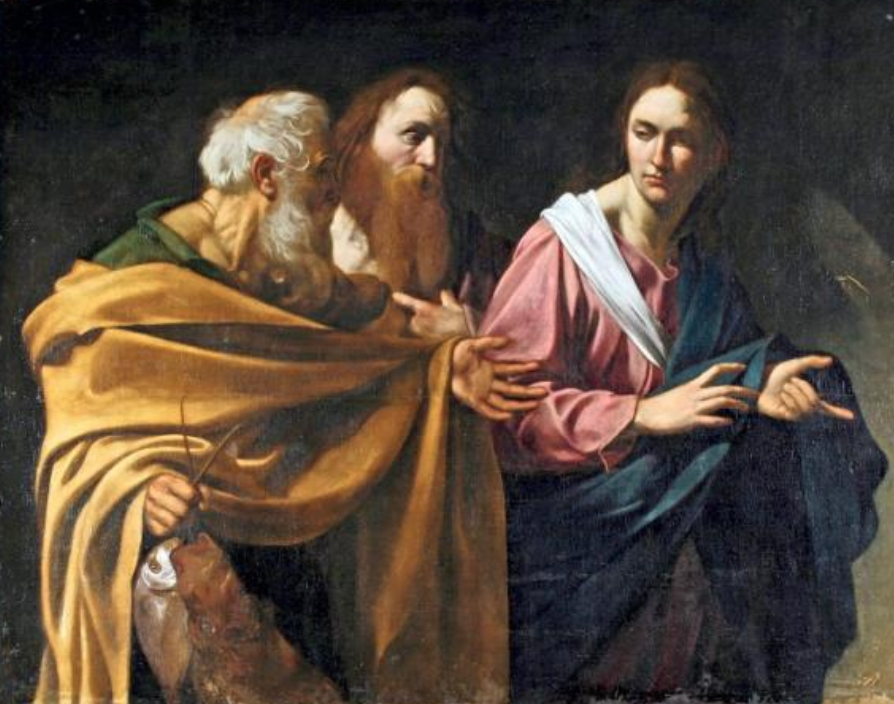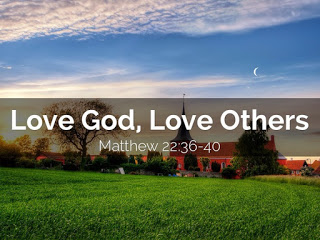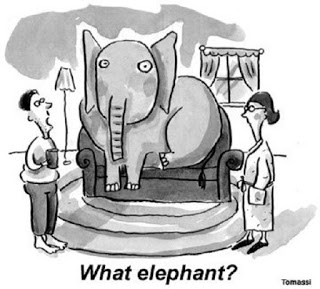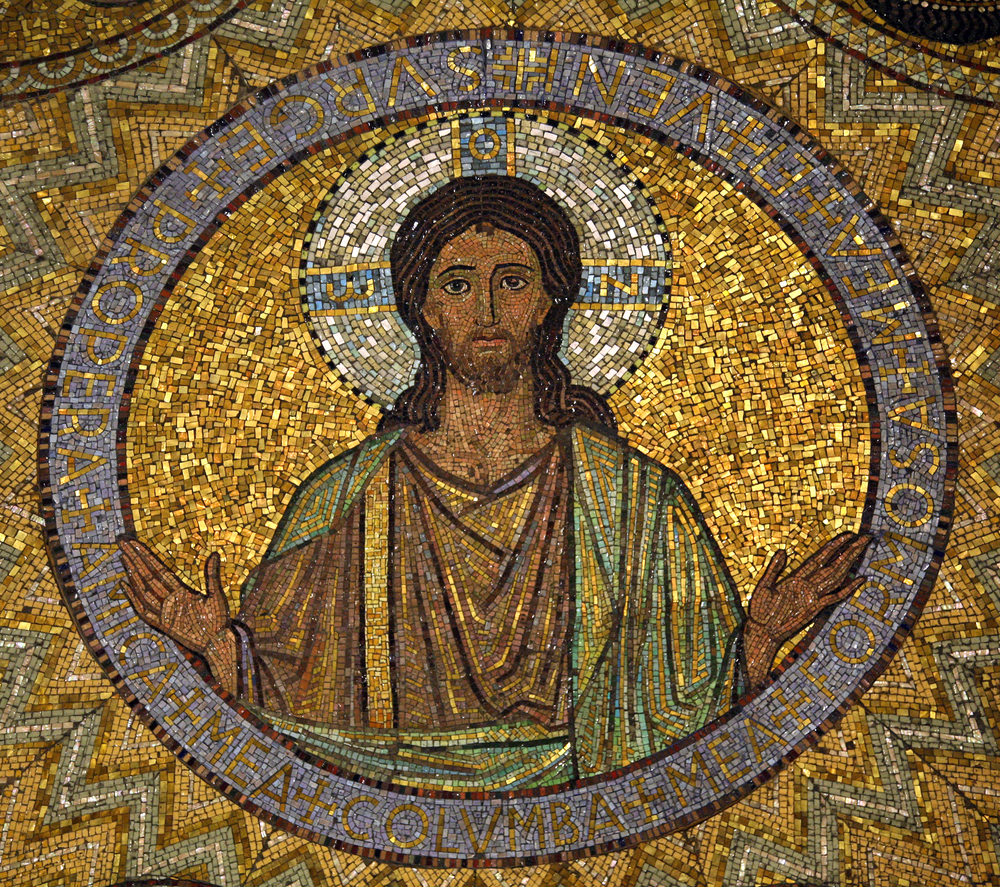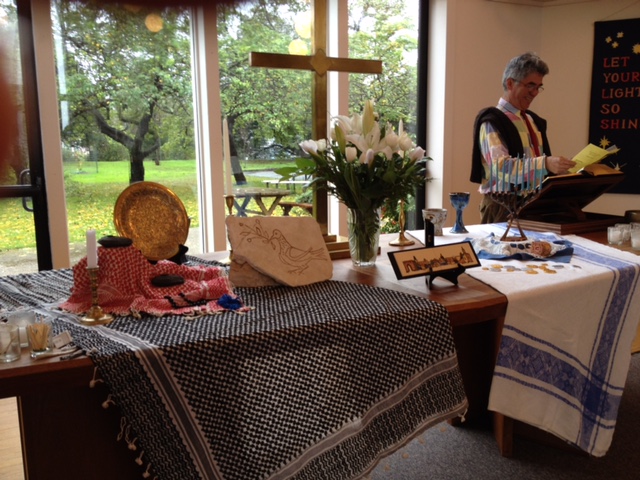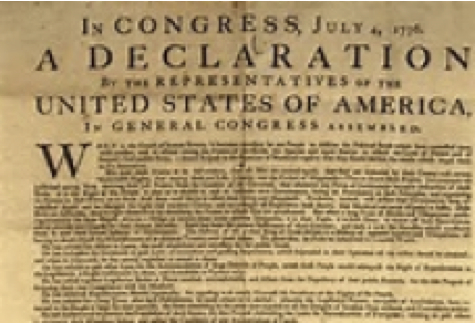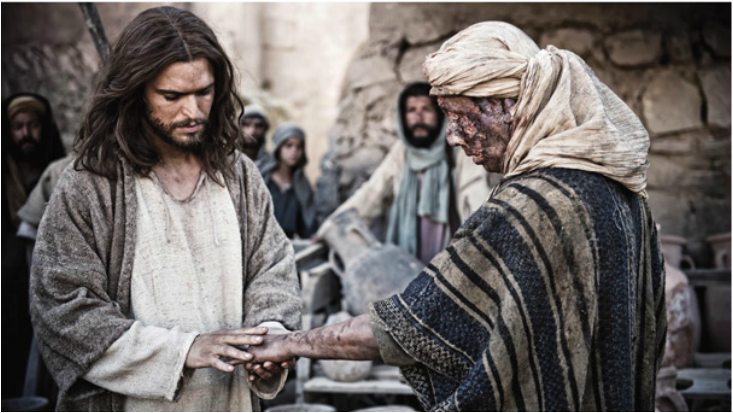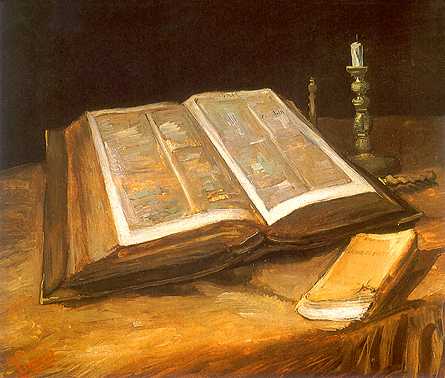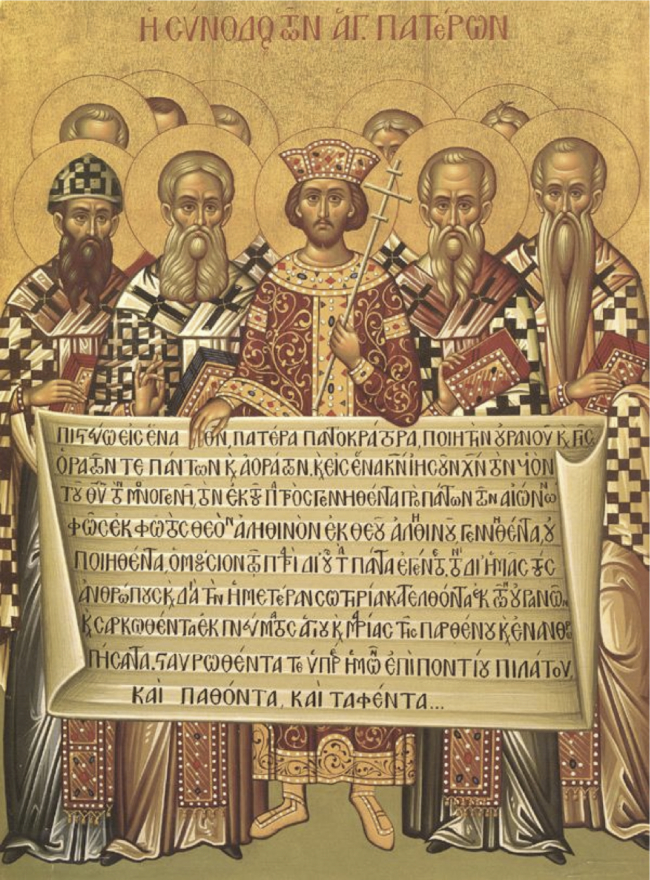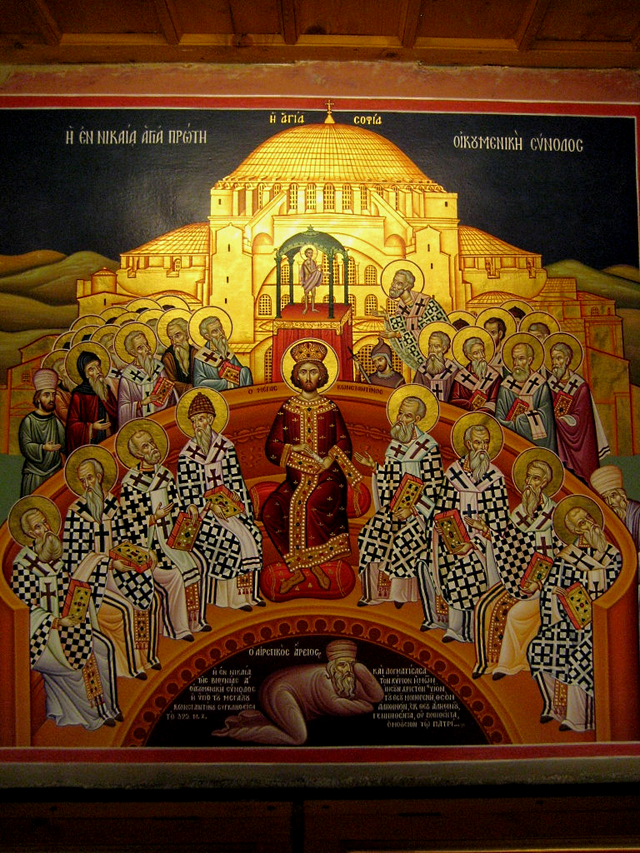Some people are highly devotional because it is scary having one's paradigm shattered. This is to be exposed to the chaos of one’s own mind (the devil!). It is much easier to cling to the established artifacts of one’s own thinking then to fall into the pit of chaos. Most people would rather die than admit that the belief system/paradigm that they have carried most or all their life is wrong in spite of proof of error time and time again.
This is what the Book of Revelation is really about. It's not about the end of the world, as such. It's about the destruction of the feudalistic, repressive, economic monolith which it calls “Babylon the Great”.
If God is love, then God is something we do, rather than somebody or something we try to believe in. If God is love, then God is a relationship, and not a Guy in the Sky or some other kind of supernatural entity. If God is love, God is nothing to fear. If God is love, when we really love someone - even of another religion, or of no religion at all - God is in that relationship, blessing it. So these three words wipe away all the theological debates about science and common sense versus religion. These three words sweep away the problem of evil, the perennial conundrum of how an all-powerful God could love people while allowing horrible things to happen to them. If God is love, then God is not in charge of the universe. Love is extremely powerful, but it is not directive. Love does not force anybody to do anything, nor to force anything to do anything to anybody. If God is love, then God is omni-attractive, not omni-potent.
For years, I refused to read any of John’s writings. I thought the Gospel of John was a bunch of mumbo jumbo and the Book of Revelation was full of craziness. Thanks to the Reverend Ken Wyant’s Bible study at Irvine United Congregational Church, I changed my opinion about the Gospel of John—but I still want to ban Revelation.
Today we have large numbers of people who say they are spiritual but not religious. They are not interested in a ‘feel good religion that promises heaven.’ They want to be involved in making the world a better place and are tired of a religion that often comes across as bigoted and judgmental rather than accepting others in love and advocating justice for all.
It is good for us to be here. Be attentive. The Webster Dictionary defines an ‘aha moment’ as a point in time
Watch what happens to most of the D&D when the theistic god of yesterday is promoted to encompass the entire universe. One can no longer think about a small Master Puppeteer but more in terms of a force that some call Creation or Ground of All Being. This force has no gender, sexuality, children, color, or religion. It’s simply there, everywhere, creating.
Part 4 of the series, What Makes a Christian?
Sometimes our greatest breach with Scripture is not when we outright contradict it--it's what we choose to prioritize, diminish or outright ignore. There is a time for everything under heaven (Ecclesiastes 3:1). We need to put first things first and second things second. Much of Christianity focuses on salvation plans and doctrinal ideas.
I recently heard a Christmas Eve sermon titled “Mary Had a Little Lamb,” recited entirely in rhymed couplets and delivered without a manuscript. Running for nearly eleven minutes, it was quite a remarkable feat.
Part 3 of the series, What Makes a Christian?
John 3:16 is a beautiful verse, understood this way--that God's act of sharing Jesus with us comes out of love, and that all who participate in that love through loving both God and one another follow in the Way of Jesus, which is the Way of eternity--to love Jesus so much that you imitate Him and follow His Way. To believe in His message so much that you follow it.
Part 1 of the series, What Makes a Christian?
In John 13:34-35, Jesus states that our very public witness of our Christian identity itself depends on whether or not we love one another. Otherwise, people will not recognize that we are indeed Christians. Jesus tells us to follow his example. Jesus not only gives the commandment to love, but also states that His life has modeled this love.
How do we celebrate the birth of a baby who changed the world? Is it not by trying to follow his teachings and example by loving, by being generous in our giving, by being aware of those who are lonely and trying to befriend them, by being inclusive of those who are different and by bringing hope to our troubled world? Celebration and challenge; that’s what Christmas is for me.
In the midst of the distractions in our lives, we come to listen, to think, and to feel. We come to learn so that we may teach. We come to pray so that we may act. Jesus said that he was born to testify to the truth.
Written January 2002
Worship is a 'receipt' given to God in return for the divine gifts of life which we receive.... It is an artful response to our awe and wonderment at the miracle of creation which surrounds us.....
This is an excerpt from a book Jim Burklo is writing this summer: MINDFUL CHRISTIANITY. The research he's doing for this project has taken him deep into the history of Christian spirituality. According to Jim: "The more I learn, the more I have to learn!"
A Commentary for the Observance of Independence Day, 2015
Liberty and Freedom: People – especially politicians, it seems – frequently use the two terms interchangeably, as if they were the same thing. But while civil liberties can be legislated and personal freedoms can be infringed upon, there is something autonomous about personal choices and actions that can never ultimately be denied or encumbered. “Freedom is not something that anybody can be given,” the late author and civil rights activist, James Baldwin, once said. “Freedom is something people take, and people are as free as they want to be.” An earlier commentary considered the two ideas of conscience and consciousness as a spiritual component and practice of human experience. These comments are written as we approach our nation’s annual observance of the Independence Day holiday; exploring what might constitute a progressive Christian perspective of a kind of liberating “freedom” that is comprised of loosing the bonds of all the little deaths we die, and binding oneself to that which can irrepressibly spring once more to life.
Civilization defines justice as retribution – payback; an eye for an eye. But the deeper meaning of justice is distributive: the rain falls on the good, the bad, and the ugly without partiality. Civilization does not use that definition except in cases where there is clearly injustice if partiality enters the picture.
People accuse each other of cherry picking sacred texts, as if the term was an insult. But for those seeking to honor the quest of the Bible writers or to raise healthy children within a Christian tradition, that is precisely the right approach.
A famous poet, William Wordsworth defined poetry as “emotion recollected in tranquility.” I wonder if it might be productive to apply that
The butterfly lives in a seamless realm, a matrix, poetically in the palm of God/dess’s hand, not alien or estranged. Is it possible for us to find that kind of confidence, or trust in the nature of the Universe itself? Let’s take a moment or two to think about Wisdom, and our place in the Universe. What kind of liturgy, or worship experience, would celebrate the kind of inclusive, nurturing community the butterfly knows without thinking about it?
An Open-Ended “Creed” for a Progressive Christian
I have often said so-called “progressive Christianity” is a notion forever in search of its own elusive definition; and that’s as good a way of explaining it as we may be able to find. We live in a post-modern world that considers the age of Enlightenment to be a post-facto reality. As such, “progressive” thinking in an age of Reason has pushed the boundaries of nearly every facet of life, except one: those ‘traditional’ or ‘orthodox’ beliefs, based on certain creeds, doctrines and dogma that still dominate what it presumably means to be “Christian.” It hardly needs to be said that it is also why so many one-time believers have outgrown their one-time faith. Calling them merely “lapsed” is misleading. So much has elapsed in the world we have all come to know and take for granted, that the once-dominant Church -- -- despite all its denominational varieties -- has fast become a post-modern relic. Yet any critical examination of how Christian scriptures developed and how the history of the tradition evolved will quickly demonstrate how it has always been in a constant state of flux. Or, if you like, “progression.” It was only when it stopped and got stuck that we traded in the tent for a temple, and snuffed the life out of a movement that is progressive by its very nature. What then would constitute an honest statement of belief for at least this "progressive Christian?"
An extremely small percentage of the world’s Muslim population recognizes ISIS as having any sort of authority over their lives. In other words, being Muslim does not equate with ISIS affiliation. We need to stop acting as if the two are interchangeable and start acting out of love, rather than from hate or fear. Jesus said, “Your love for one another will prove to the world that you are my disciples” (John 13:35). If there is no love, there is no Christianity. Period. There is just an empty label that leaves the world seeing us in ways that will make you cringe.
One of the most serious theological conflicts in the history of Christianity occurred more than one thousand six hundred years ago. Known as
What Does Hebrew Scripture Say about Life After Death? There isn’t much in Hebrew scriptures about life after death. According to Ecclesiastes, death
Hebrew Scripture’s View of Life after Death It wasn’t until after the Babylonian Exile that the Pharisees accepted the idea of heaven and
For Christians grace is God’s gift of pardon. According to William Barclay the Greek word for grace was originally a military term. When an emperor came to the throne or celebrated a birthday, he would give his troops a donatirim (donation), which was a free gift that they had not earned; it was given out of the goodness of the emperor’s heart. This idea was picked up by the Christian scripture writers when they wrote about the grace of God. Grace is something that is unearned and undeserved – unmerited pardon.
When prayers in Jesus’s name go unanswered, and when unrelenting “knocking on heaven’s door” produces no result – even when bargains are offered (“I’ll stop smoking”) – instead of confronting the possibility that God is not going to intervene, the failure is treated as a “test of faith” that “God has a better plan for me.” But the transformation of human thought is far more powerful than petitions to a discredited god. At Pentecost, the Holy Spirit, first given by John’s Jesus, descends in tongues of flames on the Christian community gathered in Jerusalem. They are empowered to tell the story of Jesus in every language of the known world. Peter quotes the prophet Joel, that everyone who calls on the name of the Lord shall be saved. Paul proclaims, “For in the one Spirit we were all baptized into one body – Jews or Greeks, slaves or free – and we were all made to drink of one Spirit.” The imagery of fire represents the outpouring of the presence of sacred being and of creative power. No magic is required.
In John’s Gospel, Jesus says to his disciples, “I will do whatever you ask in my name, so that the Father may be glorified in the Son. If in my name you ask me for anything, I will do it” (John 14:13-14). I’m sure most reading this recognize that this is not some universal blanket promise. So we have to ask, “On what level is this true?” Or, “Is it true on any level?”
I think we need some method of communicating with God and prayer is the logical answer. But prayer in which we stop everything we are doing, get down on our knees, fold our hands and pray is not my idea of prayer. I think we should try to communicate with God any time we have a second to think about God or ask God to be with a loved one or friend, or share anything in our life with God. While driving, when watching TV, while on the lake alone, working in the garden, any of those times and many more, we should take a moment to commune (talk, whatever word you want to use) with God. It may be that those moments are more for us than for God, but I like to think that God listens and cares. I admit that I get awfully frustrated when I feel God is not listening because my petitions are not immediately answered in the way that I have requested. I know God’s answer may be “no,” but that is difficult to swallow.

